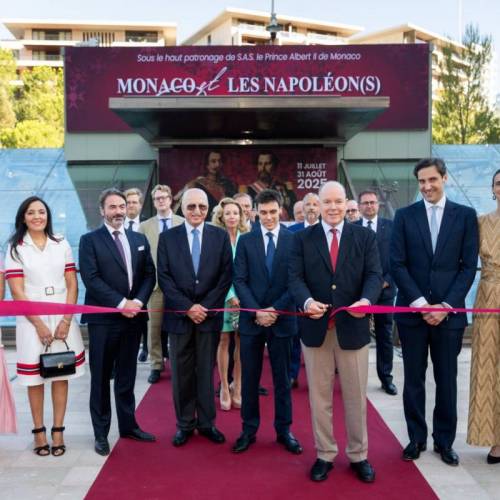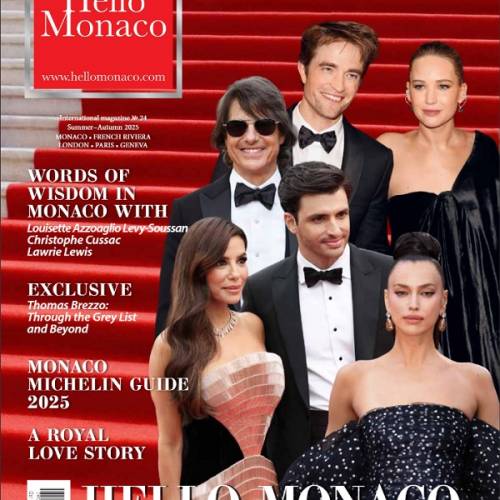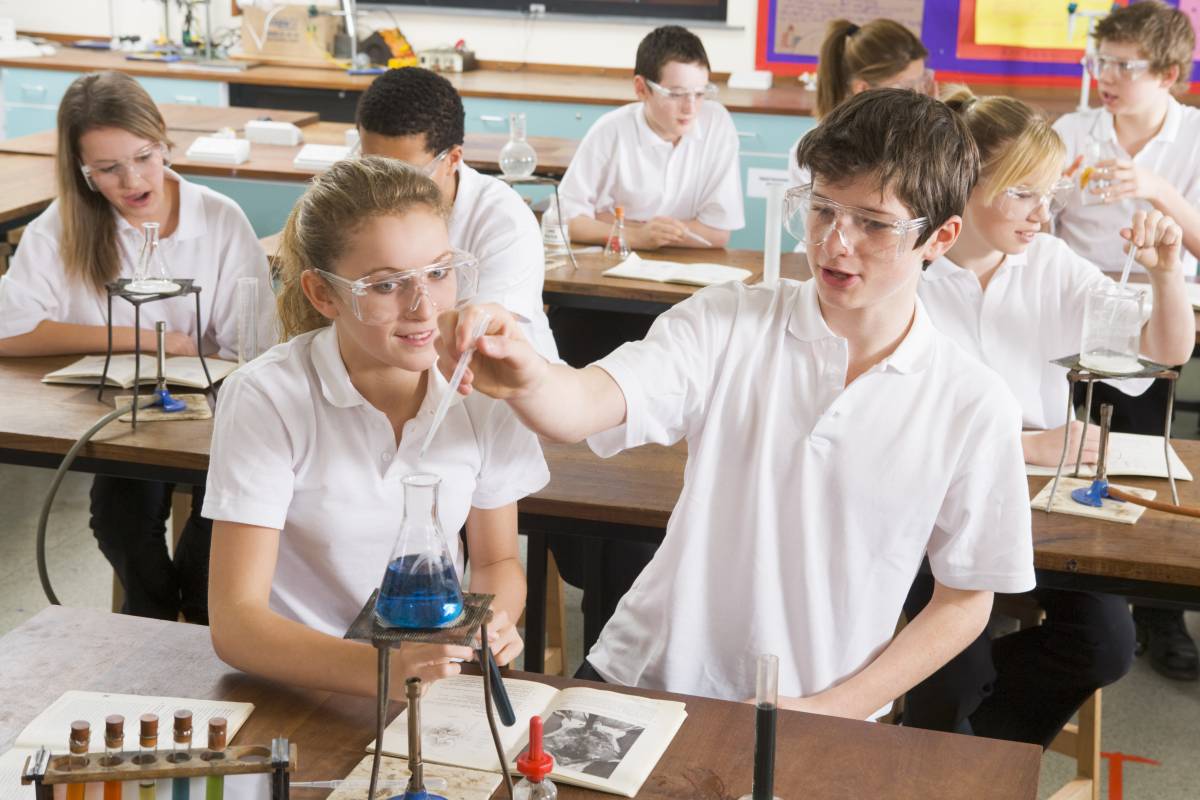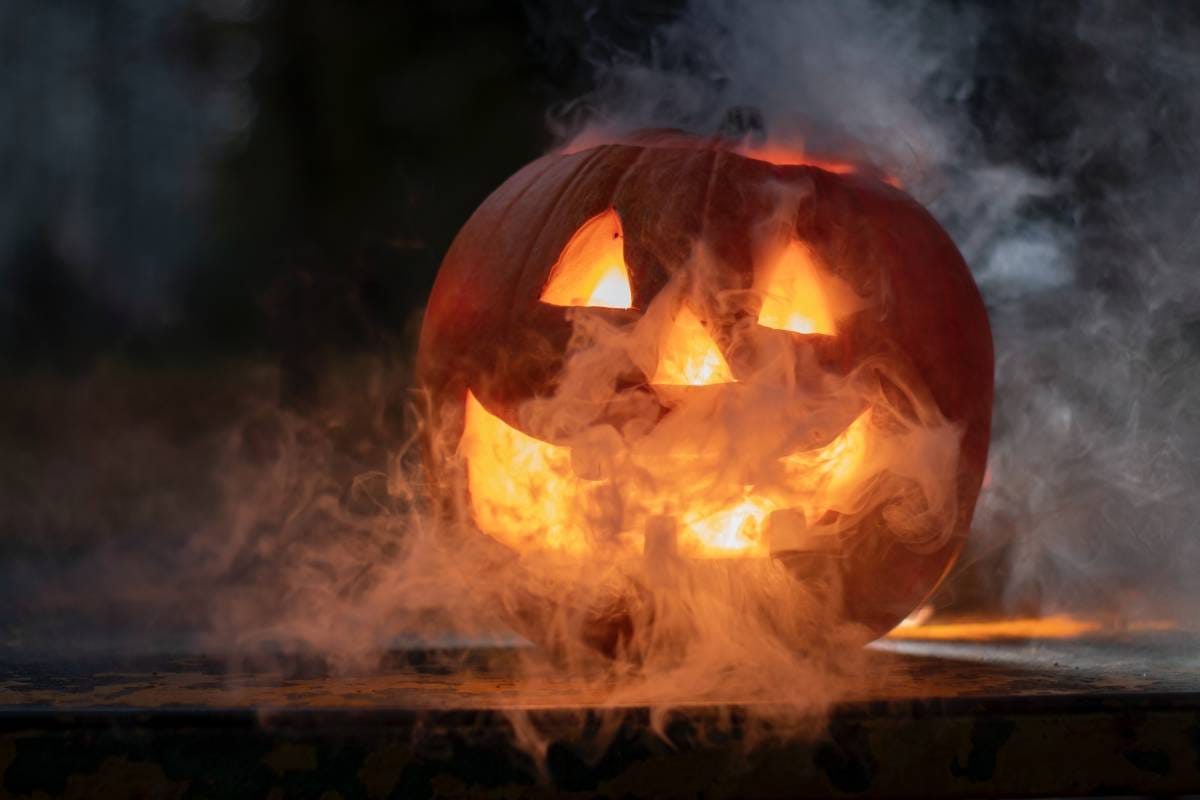Although school year traditionally starts in September, the enrollment process starts now in winter. It is the time to weigh your options wisely and make a choice.
Sooner or later every parent will have to face the same school related questions — that is considering that the main population of the country is made up of newcomers of different nationalities who may have no idea how the education system in Monaco works.
Here are some facts: Today there are 6268 pupils in Monaco, not counting students of higher education. More than 80 different nationalities are represented in Monaco’s schools! In 2021, 100 % of students who sat the baccalaureate (secondary education diploma) in the Principality passed. In the meantime, Monaco has been showing exceptional academic results for the past several years! It is hard to imagine better!
In this article you will find a detailed analysis of the Monegasque educational system that will help give you a better understanding of French terms and specifics. We hope it will be useful.
EDUCATION IN MONACO
So what is special about the Monegasque and French educational systems (“French” because Monaco closely adheres to a French-approved curriculum).
To start with, secondary education in Monaco is compulsory for all students aged from 6 to 16 and is available to all, both citizens and residents of Monaco.
The school system comprises the following levels:
• Primary education / “enseignement primaire” comprising 3–4 years in a kindergarten (“école maternelle”) and 5 years in a primary school (“école élémentaire”).
• secondary education (“enseignement secondaire”) — 4 years in “collège” and 3 years in high school (“ lycée”).
• higher education (“enseignement supérieur”) available upon getting a certificate of secondary education (Baccalauréat).
Let’s dwell on the schooling for primary and secondary education.

Primary Education
Primary education is divided into two stages: kindergarten and primary school.
Kindergarten (École maternelle) is not compulsory, but today almost 100% of children aged 3 to 5 are enrolled in it. Monaco kindergartens are open to children for whom one or both parents are Monegasque. Residents of Monaco may also be admitted subject to availability.
Kindergarten is divided into 3 and sometimes 4 groups:
the youngest — TPS (toute petite section),
junior — PS (petite section),
middle — MS (moyenne section),
the oldest — GS (grande section).
Here a child develops his/her language skills, gets ready to write and prepares for primary school.
Education in primary school starts with a preparatory course (CP, Cours préparatoire) for 6 year-old children and comprises five years in all:
Grade 11 or CP (Cours préparatoire) for 6 year-olds,
Grade 10 or CE1 (Cours élémentaire 1) for 7 year-olds
Grade 9 or CE2 (Cours élémentaire 2) for 8 year-olds
Grade 8 or CM1 (Cours moyen 1) for 9 year-olds
Grade 7 or CM2 (Cours moyen 2) for 10 year-olds.
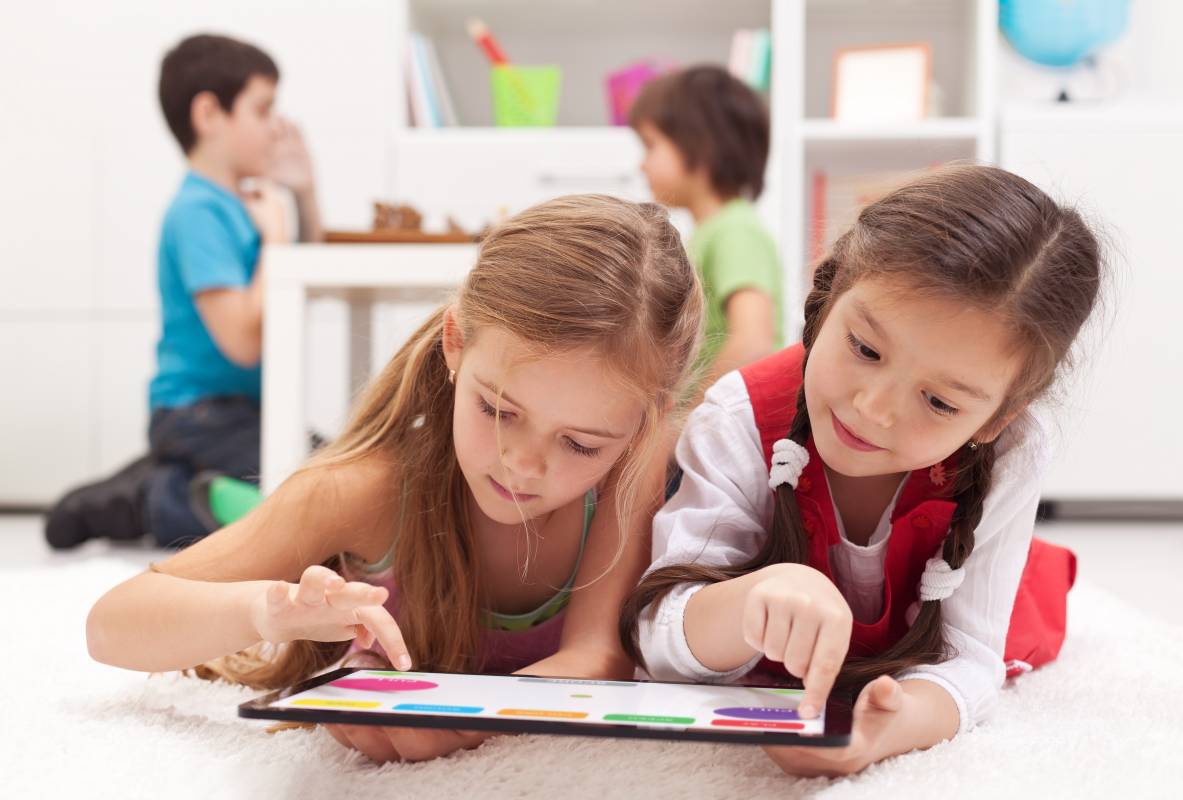
Secondary Education
It consists of two stages (collège and lycée) and is designed to last 7 years.
“Collège” is a secondary education institution in France and in French speaking countries (Monaco, Belgium, Switzerland, Quebec, Canada). Children study in “collège” for 4 years, between ages 11 and 15. (descending from the “sixth” to the “fifth”, “fourth” and “third” grades). “Collège” thus starts with the the 6th grade, after primary school, without any specific entrance examinations. Schoolchildren attending collège are called collégien (for a boy) and collégienne (for a girl). All teachers are called “professeurs”. However, this is just a term, having nothing to do with their academic degree.
Education in “Collège” is mandatory and open to all citizens and all residents of Monaco.
The educational process is divided into three cycles:
Adaptation cycle — the 6th grade takes all primary school leavers without any examinations. The aim of this first year is to consolidate the knowledge acquired in the elementary school and prepare children for independent learning. In this year they choose their first foreign language.
Main cycle — 5th and 4th grades. Children are prepared to choose a professional direction later on in the “Lycée”. Chemistry and physics are taught in the 5th grade, Latin is optional and a second foreign language is added in the 4th grade.
The professional orientation cycle corresponds to the 3rd grade and offers students three options to choose from: general, technical or vocational training. At this point they can also take Greek as a foreign language and a 3–6 hour module “introduction to professional life.” At the end of the 3rd grade a national exam is passed, recognised by a “diplôme national du brevet”. However, this does not affect the transition to the next grade.
Students now have an opportunity to enrol in the 2nd grade of either a general or technological “lycée” or go to a vocational school and train for a certificate of professional competence (сertificat d’aptitude professionnelle).
The school week comprises approximately 26 academic hours and 3–4 hours of physical training. French language and literature comprise most of the hours (4–5 hours per week), math gets 4 hours, and the rest of the subjects get from 1 to 3.5 hours.
There are typically 20 to 35 students and a “main teacher” (professeur principal) in a class.
“Collège” aims at preparing students to study at a “Lycée”.
Everything is usually decided at the last “class council” in June where teachers let a student pass to the next grade on the basis of his or her performance. Three outcomes are thus possible:
• A student passes to the next grade;
• He or she repeats a year (redoublement);
• He or she may be allowed to skip the next grade and go straight to the one after (rarely happens).
A “Repeater” may dispute the decision with a special “Appeal Council” whose verdict will be final.
By the way, this year 100% of Monaco students successfully passed their brevet after “collège”: 88,92% with an excellent note (“très bien”). Most schools, on top of the main curriculum, offer extra lessons in English, music and sport, and provide support for foreign students.
14–15 year old students go to a Lycée based on their residence or based upon competition. The Lycées are divided into three types: general, technological and professional. A “baccalauréat” is awarded to a student upon graduation from a general Lycée (3 years of High School), giving him or her access to higher education.
A Lycée lets a student choose one of the following options: Economics and sociology, science or literature.
A “Bachelor of Technology” is awarded to a student upon graduation from a Technological Lycée, with a right to continue his studies at university in one of these three areas: management, industry and environment, or hotel business.
Vocational training lasts for 2 years and is recognised by a certificate of professional competence. However, it does not give access to higher education. Since 2005, to qualify to take a professional bachelor degree requires three years of studies at the Lycée.

EDUCATIONAL INSTITUTIONS IN MONACO
Public Schools
Just like in France, the state of Monaco gives its students a choice between “public” schools with free tuition and private institutions. All public and most of the private schools sign a contract with the Principality and are recognized both in France and abroad. The courses are taught in French. Some schools offer “French as a foreign language” for children whose mother tongue is not French.
There are several “public” kindergartens and primary schools in Monaco. Enrolments are based on the corresponding areas of residence, usually providing a children’s canteen service along with indoor and outdoor playrooms. École de Carmes, École du Parc, École Stella, École de la Condamine, École de Fontvieille, École Saint Charles and École des Révoires offer a rich pedagogical programme from Mondays to Fridays, in the morning and in the afternoon.
As for the public “Enseignement Secondaire”, Collège Charles III, founded in 1989, is the Monegasque middle school secondary level institution devoted to obtaining the Diplôme National du Brevet (D.N.B.). It hosts students from 11 to 14 years old of 46 different nationalities. Tolerance, respect and mutual assistance are core inspiring values, encouraged by philanthropic projects and international school trips.
Two secondary level “Lycées”, High Schools, are located in the Monegasque area and they are addressed to students from 15 to 17 years old leading to the final baccalauréat examination (preliminary to top grades some of which are offered at the same institutions.) At this stage, the students are able to choose among General Studies (Economic, Social, Literary or Scientific fields), Technological Studies (Industrial Service, Hotel and Catering) and Professional Training (Service Industry Sector).
The Lycée Albert 1er, inaugurated in 1910, is an integral part of Monegasque history. It ensures a complete multidisciplinary educational training in Science and Humanistic Studies, Modern Languages, Arts, Sports, Technology and other crucial areas like Economics, Law and Management. The educational offer includes also a professional BTS (Brevet de Technicien Supérieur) course focused on Accounting and Organisational Management.
The modern environment of the Lycée Technique et Hôtelier de Monaco (Monaco’s Vocational and Catering School), inaugurated in 2013 in the presence of the Prince Sovereign and H.S.H. Princess Charlène, represents the ideal place where one can be educated in Hotel, Tertiary or Industrial fields.
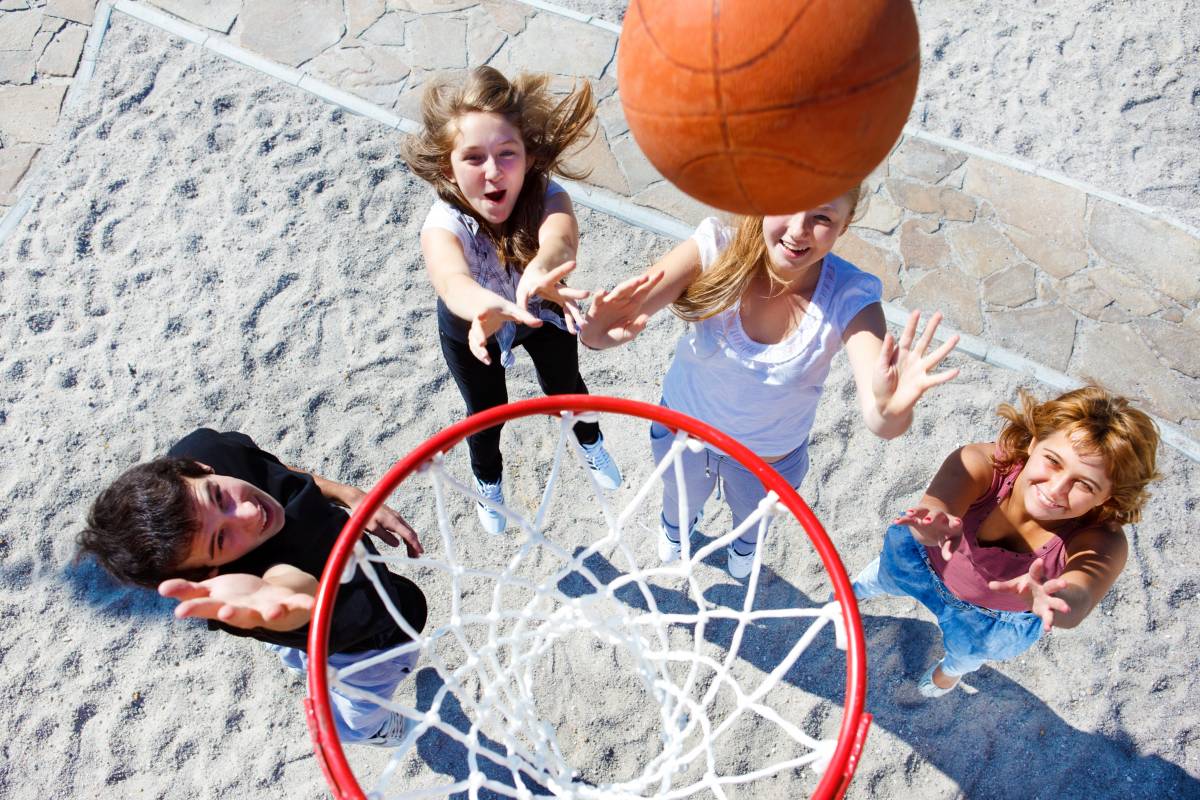
Private or semi-private schools
Private education is contract-based. It is also supported by the state and is an alternative to public school.
In the private sector, State Approved Private Schools include: the Catholic School Cours Saint-Maur, founded in 1937 by the Sisters of the Child Jesus, is the best-quality alternative to public Primary School including 3 kindergartens and 5 elementary schools hosting 25 different nationalities. The caring, positive and respectful approach aims at giving a solid foundation of knowledge in a Christian spirit and with technological support, fully integrated in the educational programme.
François d’Assise – Nicolas Barré (FANB) institution has been providing a rounded education from primary to secondary on the basis of a well-established Catholic tradition of teaching since the 19th century. The new headquarters of this well-reputed school complex, unveiled in April 2019 in the presence of the Princely Family and H.E. Bernard Barsi, Archbishop of Monaco, is the result of the association of two existing institutions, with the aim of offering the very best in the field of innovation and well-being matched with effective training.
Since its establishment in 1994, the International School of Monaco has been providing high quality teaching from Early Years from 3 years old upward until Secondary (until the age of 18) to more than 700 multinational students. The teaching, within an encouraging and inspiring atmosphere, is made possible thanks to a recently renewed structure. Most of the educational curriculum, internationally accredited, is bilingual, English-French, with the possibility to choose further languages from the start of Middle School. Learning Support and University Counselling are valuable additional services aimed at improving student skills and competences. It is more flexible in terms of programme selection and schedule. ISM stands for International General Certificate of Secondary Education (IGCSE) as it is seen as the most rigorous of the examination boards. All IGCSE’s are externally assessed by Cambridge. Having a range of IGCSE certificates (usually 6–9) allows students to access the next stage of their education. This includes IB, A Levels and AP programs.
The Académie de Danse Princesse Grace is a ballet school internationally renowned, founded in 1975 by Grace Kelly and H.S.H. Prince Rainier III. The Princess Grace Academy of Dance is a ballet school where gifted children get a professional training in dance and music on top of a secondary education. Students get admitted to this school on a competitive basis.
The enrollment is around 40 to 50 students per year, which is equivalent to ten students per class.
It offers international teenager apprenticeships (aged 13–18), high standing courses revealing every single detail of the ballet world, under the artistic direction of Luca Masala. Successful attendance gives learners access to dance workshops within major events in Monaco, putting them in contact with well-known artists, and may lead to being part of the prestigious Les Ballets de Monte-Carlo.
All students must be boarders, accommodated in Villa Singer (also called Villa Casa Mia), where the lessons also take place. The dancers practice classical dance every day for at least 3h30 as well as 1h30 of contemporary dance. At most, the day includes 6 hours of dance lessons, the rest of the time being devoted to studies.
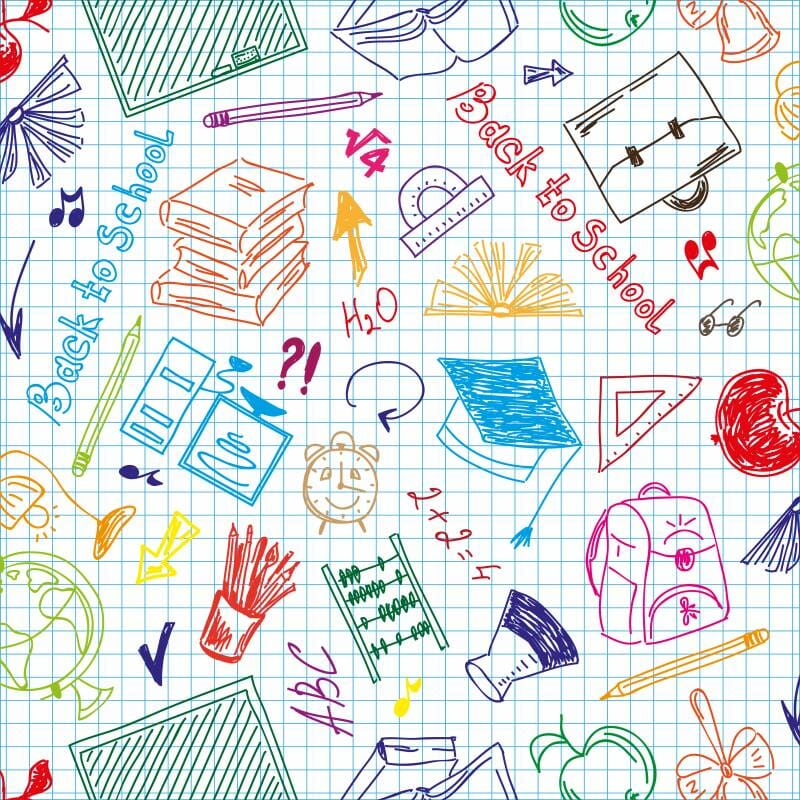
ACADEMIC YEAR
The school year comprises 36 weeks from September to the beginning of July. The school day starts at 8.30–8.45 am depending on the school and ends at about 4.30 pm, including a break for lunch. If one or both parents work or own a company in Monaco, their child is provided lunch at public school. If not, they have to take him or her home for lunch break.
Schools are closed on: All Saints Day (November 1), Christmas and New Year, and also for a break in February and in April. The month of May is a holiday month. 1st of May is Labour Day, then there are two Catholic holidays and finally Formula 1. As a result, children are out of school for two weeks.
In general, the schedule is as follows: 6 weeks of studies for 10–14 days of vacation. Wednesday is a short day.
PARTICULARITIES OF MONACO EDUCATION
Monaco is famous for its cultural mix. The majority of its residents are French, Italian, British, Belgian, Scandinavian and Russian speakers. That is why English is a commonly spoken language in the Principality. Young Monegasques thus start their first English lessons at the age of 3. Monegasque schools also include religious education in their schedule. However, parents have a right to remove their child from these lessons.
The history of the Principality is taught in schools. Children who go to primary and secondary school also learn the Monegasque dialect which is a native language of Monaco nationals. There is no official record for the number of Monegasque speakers. It is known, however, that there are 9573 Monegasques living in the Principality, which represents the second largest nationality of the total population.
Sport plays an important part in the school curriculum. Physical training starts as early as elementary school. Children thus learn to swim at the age of 5.
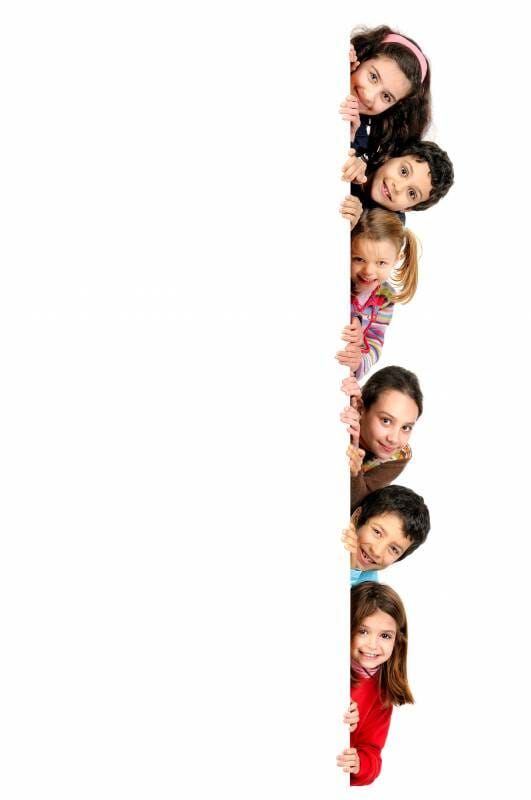
Enrolling in a school
The enrollment period for the kindergarten, primary school, collège and high school is from 12th January to 20th February and then from 30th March to 3rd April. But if you move to Monaco after the official school enrolment date, please contact the National Education Office for help. Most cases are decided in the parents’ favour.
Avenue de l’Annonciade
MC 98000 Monaco
Accueil DENJS (Direction de l’Éducation Nationale, de la Jeunesse et des Sports):
(+377) 9898 8305
You can choose a kindergarten and a primary school according to your place of residence (Fontvieille, Monte-Carlo, Larvotto, Moneghetti, Condamine, Jardin Exotique, etc.).
If you want your child to study in a school located in another area, you need to present this request to the National Education Office before 15th June.
To enrol your child, please fill in the form “Demande d’inscription”, which can be downloaded from the Service-public website.
You can then take all the paperwork to the above address, strictly during the enrolment period and upon appointment with a school secretary.
When enrolling in a collège or lycée, please choose a form relevant to your child’s previous education and download.
If your child is not a French native speaker or if he or she was previously schooled without a contract, he or she needs to pass a French placement test before being admitted to a collège or lycée.
SOME PRACTICAL INFORMATION
• Enrolment conditions, registration fees, financial aid by the Monegasque Government and further information about the Monegasque Education System are provided by the Direction de l’Education Nationale de la Jeunesse et des Sports (National Board for Education, Youth and Sports) = website: http://spp.gouv.mc
• For any information about student syllabuses, professional careers and employment please contact the Centre d’Information de l’Education Nationale – C.I.E.N. (National Education Information Centre) = website: http://cien.gouv.mc
SCHOOL ADDRESSES
PUBLIC EDUCATIONAL INSTITUTIONS
Nursery Schools (from 3 to 5 years old)
ÉCOLE DES CARMES
33, Boulevard du Larvotto
T. +377 9898 8668
email: ecoledescarmes@gouv.mc
website: http://ecole-carmes.gouv.mc
ÉCOLE DU PARC
32 bis, Boulevard de Belgique
T. +377 9898 8671
email: parc@gouv.mc
website: http://ecole-parc.gouv.mc
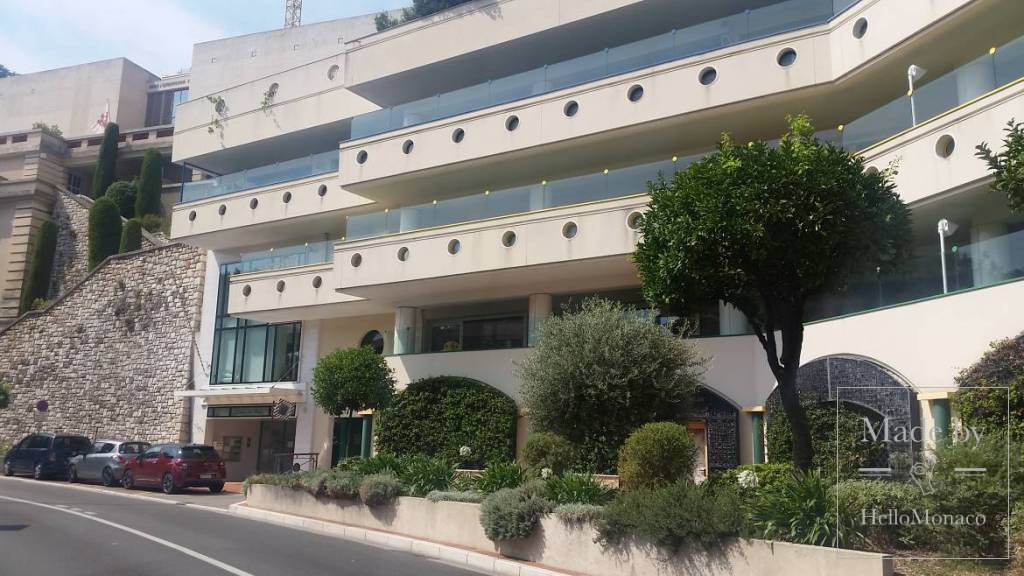
ÉCOLE STELLA
6, Rue Hubert Clerissi
T. +377 9898 4884
email: stella@gouv.mc
website: https://ecole-stella.gouv.mc
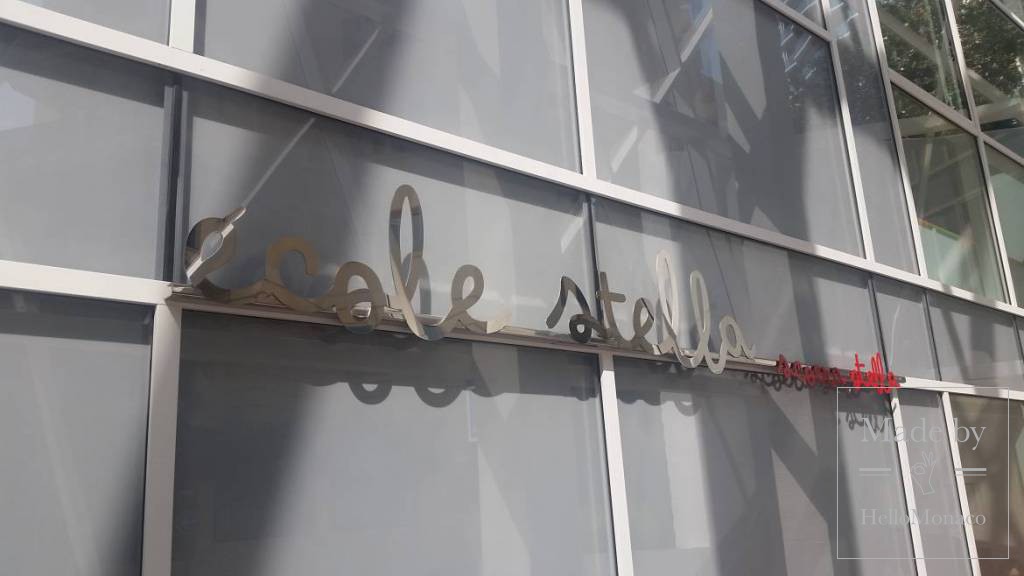
Nursery Primary Schools (from 3 to 10 years old)
ÉCOLE DE LA CONDAMINE
Infant-Primary
4, Rue Saige
T. +377 9898 8665
email: condamine@gouv.mc
website: https://ecole-condamine.gouv.mc

ÉCOLE DE FONTVIEILLE
Infant-Primary
5, Avenue des Guelfes
T. +377 9898 4765
email: fontvieille@gouv.mc
website: http://ecole-fontvieille.gouv.mc
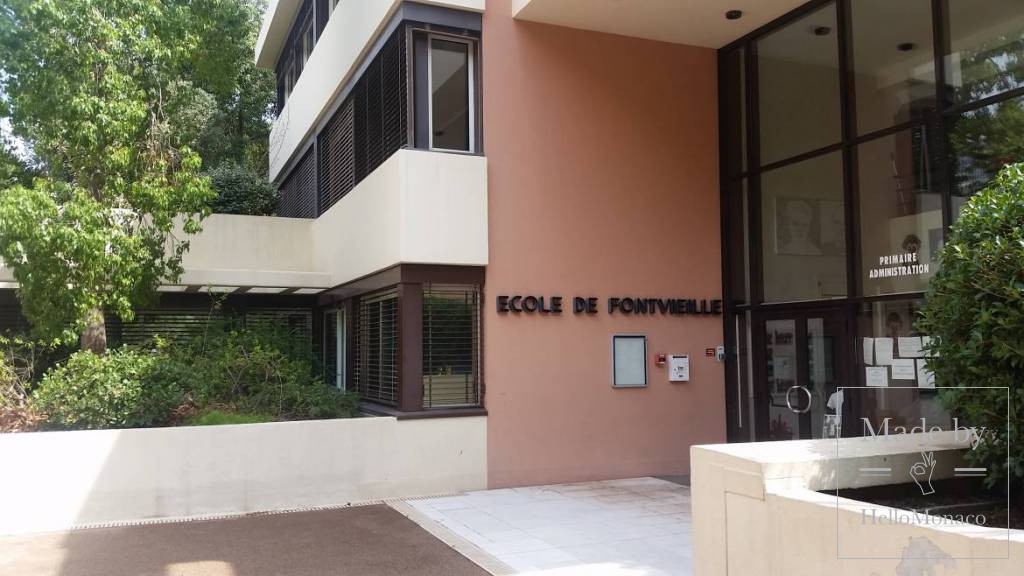
Primary School (from 6 to 10 years old)
ÉCOLE SAINT-CHARLES
Infant Section (only 4 and 5 years old) – Primary School
11, Avenue Saint Laurent
T. +377 9898 8670
email: saintcharles@gouv.mc
website: http://ecole-stcharles.gouv.mc

Secondary Schools (from 11 to 18 years old)
ÉCOLE DES RÉVOIRES
63 ter, Boulevard du Jardin Exotique
T. +377 9898 8684
email: revoires@gouv.mc
website: http://ecole-revoires.gouv.mc
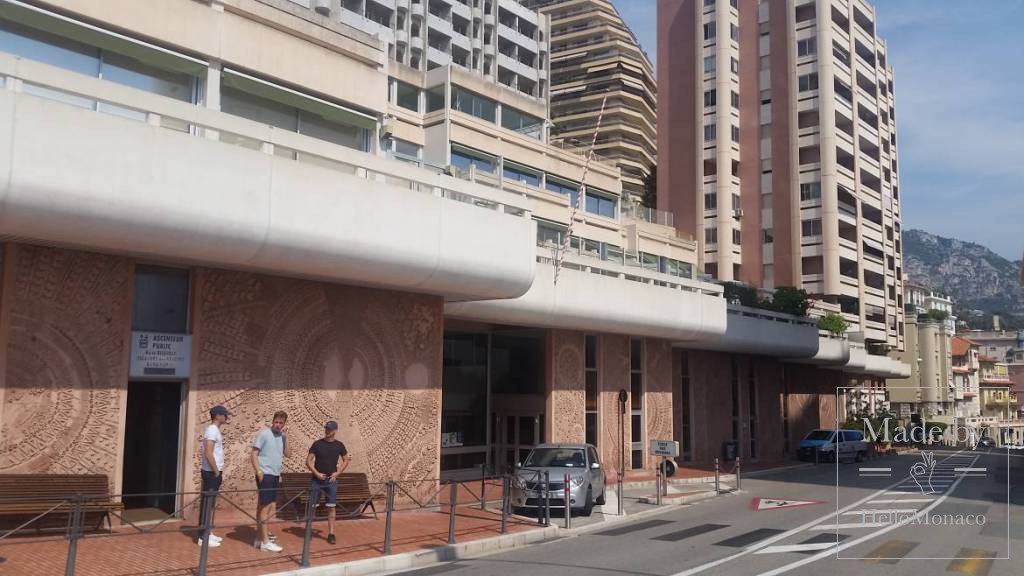
COLLÈGE CHARLES III
Avenue de l’Annonciade
T. +377 9898 8675
email: cc3secretariat@gouv.mc
website: https://college-charles3.gouv.mc
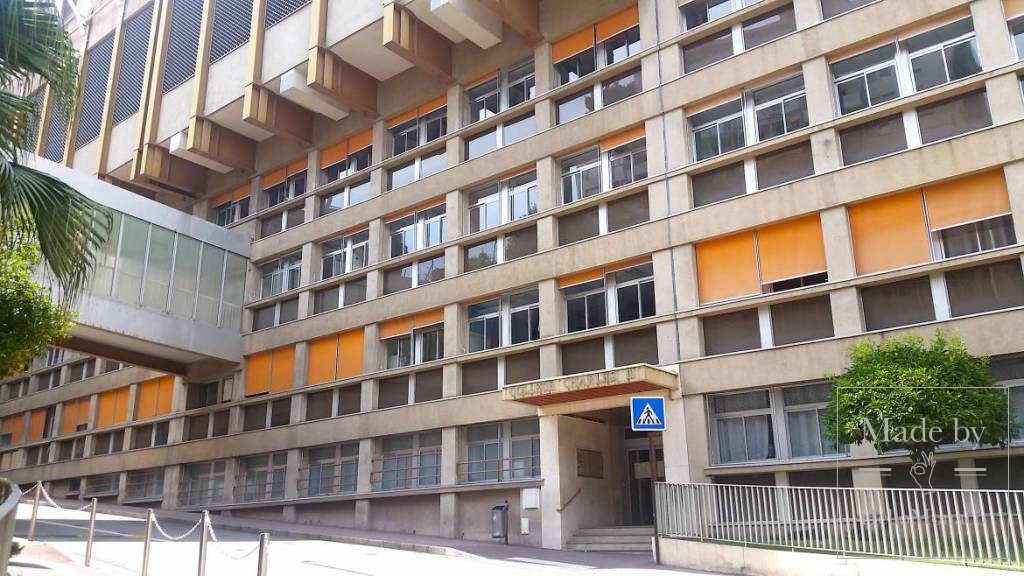
LYCÉE ALBERT IER
4, Place de la Visitation
T. +377 9898 8054
email: la1secretariat@gouv.mc
website: https://lycee-albert1er.gouv.mc
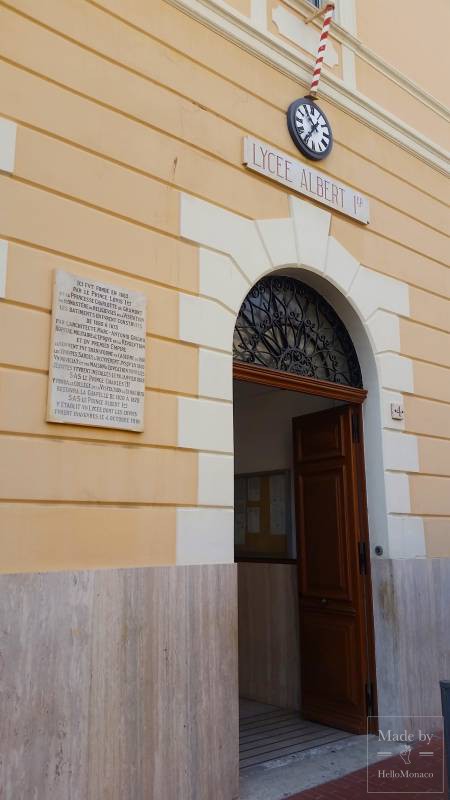
LYCÉE TECHNIQUE ET HÔTELIER DE MONACO
7, Allée Lazare Sauvaigo
T. +377 9898 8672
email: lthsecretariat@gouv.mc
website: https://lycee-technique.gouv.mc

PRIVATE EDUCATIONAL INSTITUTIONS
STATE APPROVED PRIVATE SCHOOLS
COURS SAINT-MAUR (from 3 to 10 years old)
Infant-Primary School
33, Boulevard des Moulins
T. +377 9350 6151
email: saintmaur@monaco.mc
website: www.ecole-stmaur.mc
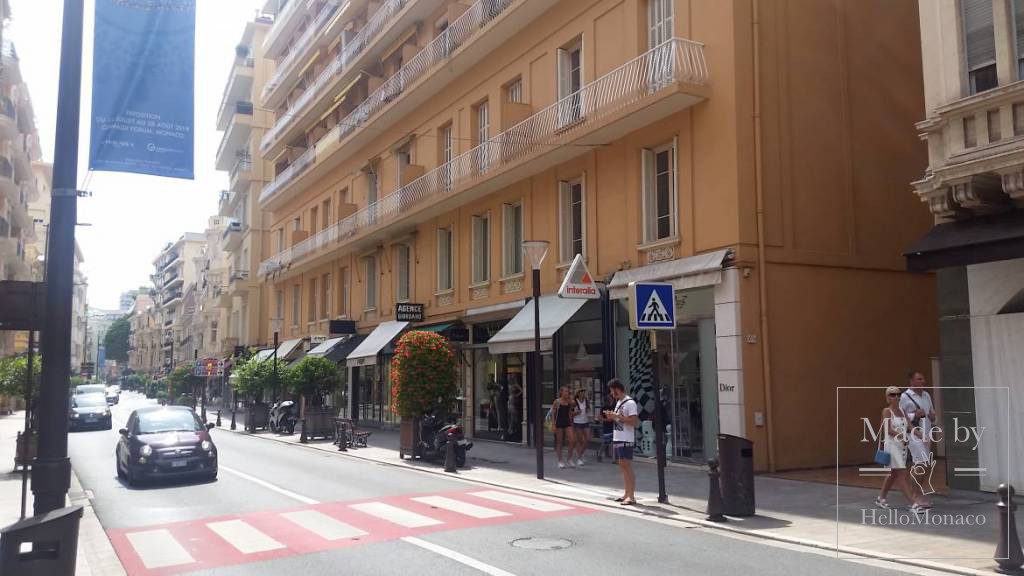
ÉTABLISSEMENT FRANÇOIS D’ASSISE – NICOLAS BARRÉ – FANB (from 3 to 18 years old)
Infant-Primary School: 11, Rue Princesse Marie de Lorraine
Middle and High School: 11, Avenue Roqueville (new headquarters)
T. +377 9797 1055
email direction.ecole@fanb.mc
website: www.fanb.mc
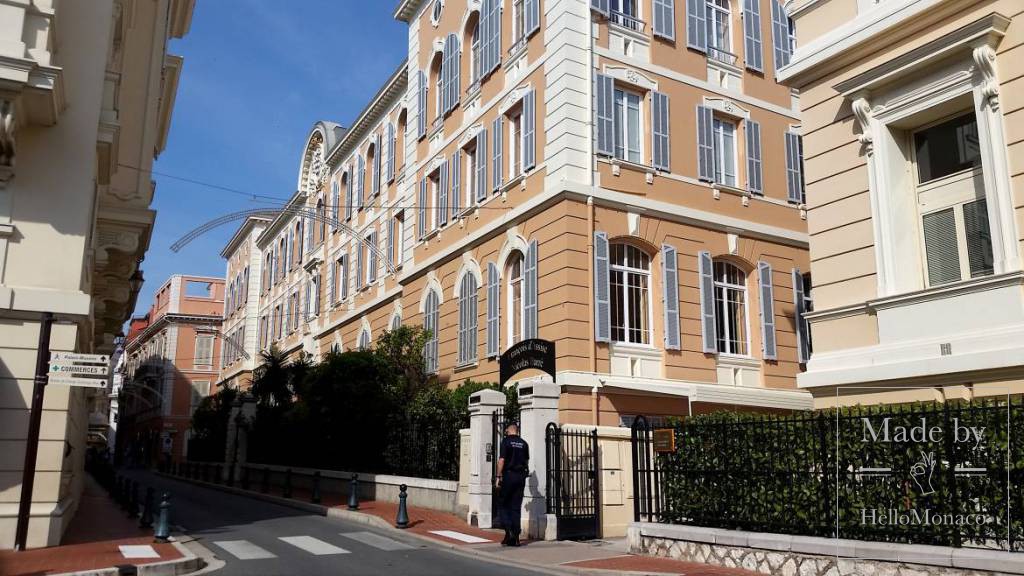
INDEPENDENT PRIVATE SCHOOLS
INTERNATIONAL SCHOOL OF MONACO (from 3 to 18 years old)
10–16, Quai Antoine Ier
T. +377 9325 6820
email: ecoleism@cote-dazur.com
website: www.ismonaco.org

ACADÉMIE DE DANSE PRINCESSE GRACE (from 13 to 18 years old)
5, Avenue de la Costa
T. +377 9330 7040
email: academieprincessegrace@balletsdemontecarlo.com
website : www.balletsdemontecarlo.com


